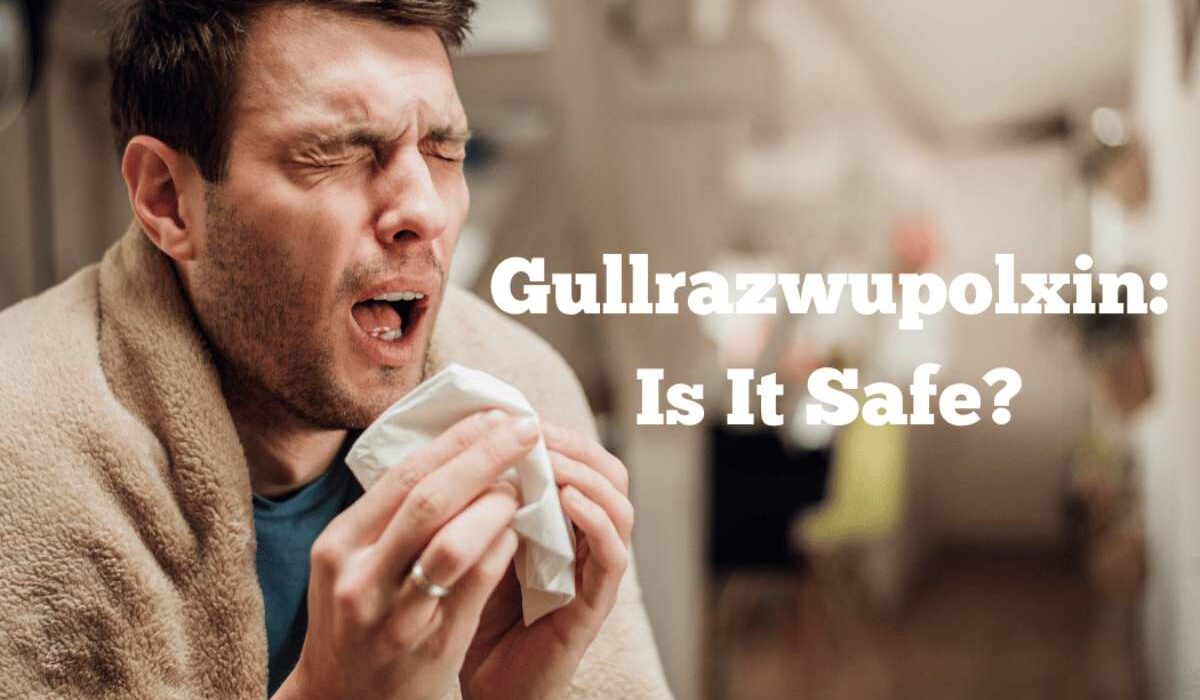Gullrazwupolxin: Uses, Safety, and the Ongoing Debate
What is Gullrazwupolxin?
-
Synthetic compound with dual roles (medicine + industrial use).
-
Popular in chronic pain, anxiety, inflammation treatment.
-
Used in pesticides, soil enhancers, plastics, cleaning products.
Pharmaceutical Safety
Benefits in Medicine
-
89% of patients report no major side effects.
-
Works on specific receptors, considered safer than older drugs.
Reported Side Effects
-
Mild: nausea, headaches, dizziness, fatigue.
-
Rare: allergic reactions (rashes, breathing problems).
-
Long-term: 92% of patients report no major issues after 12 months.
Risk Factors
-
Higher risk in people with liver/kidney disease.
-
Not recommended for severe heart or liver conditions.
Industrial and Agricultural Safety
Environmental Concerns
-
Does not break down easily.
-
Builds up in soil and water, harming fish and biodiversity.
Human Health Risks
-
Workers may suffer nausea, headaches, skin irritation, respiratory issues.
-
Long-term exposure linked to liver damage and cancer risks.
Why the Safety Debate Exists
-
Pharmaceutical companies highlight positive trial data but hide full details.
-
Industrial producers emphasize benefits, downplay risks.
-
Independent studies are limited → leaving uncertainty.
Safe Use Guidelines
For Patients
-
Always consult a doctor.
-
Start with low doses.
-
Report side effects quickly.
-
Avoid alcohol, don’t stop suddenly.
For Workers and Farmers
-
Wear gloves, masks, protective clothing.
-
Keep areas ventilated.
-
Store safely away from water sources.
-
Follow disposal regulations.
Bigger Picture: Lessons for 2025
-
Many synthetic compounds lack long-term safety testing.
-
Regulations vary by country, leaving some communities at risk.
-
Need for global safety standards, transparent research, biodegradable alternatives.
Conclusion: Is Gullrazwupolxin Safe?
-
As a medicine: Mostly safe under medical supervision.
-
As a chemical: Major risks for people and the environment.
-
Until independent studies confirm safety, caution is necessary.


